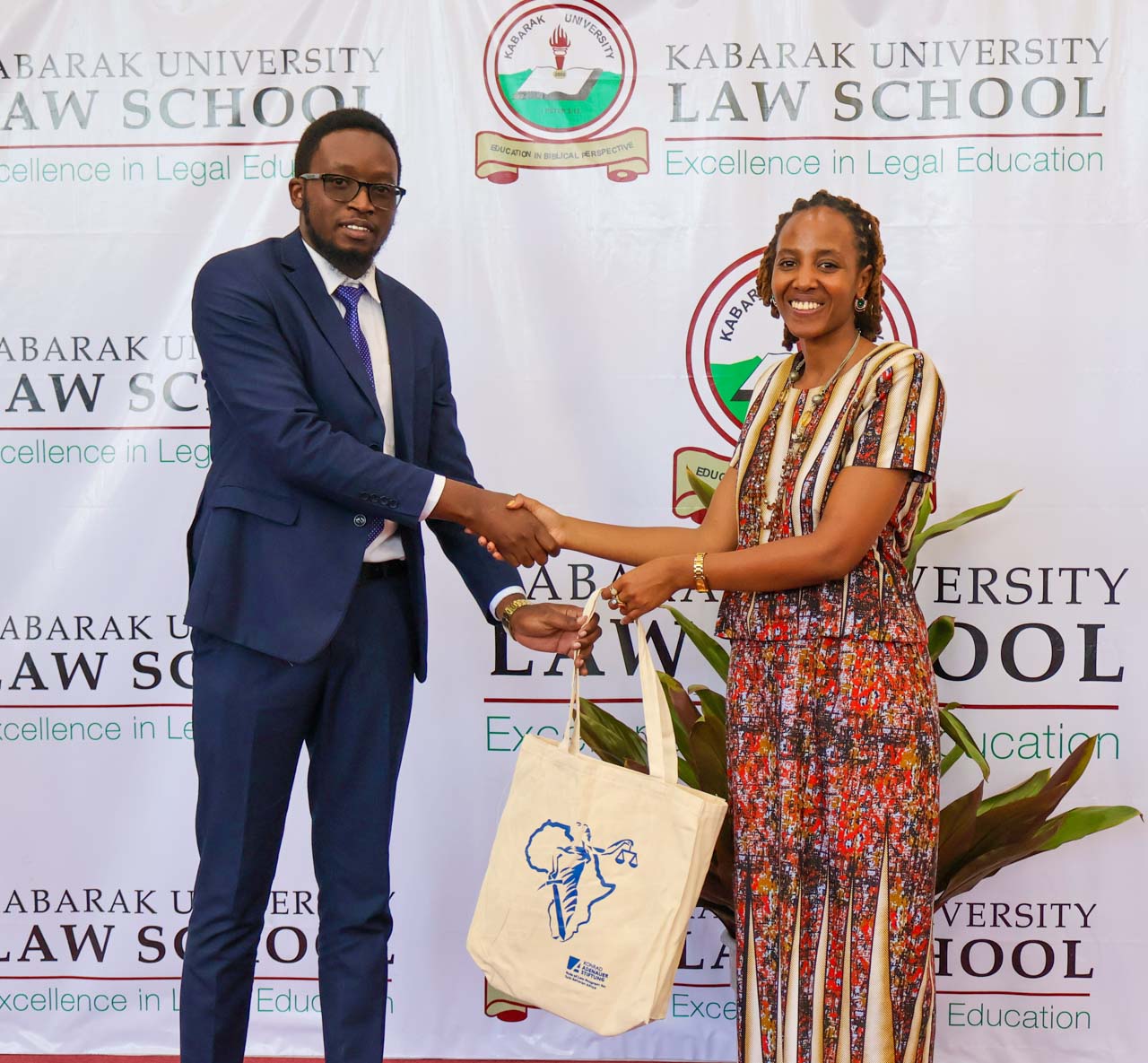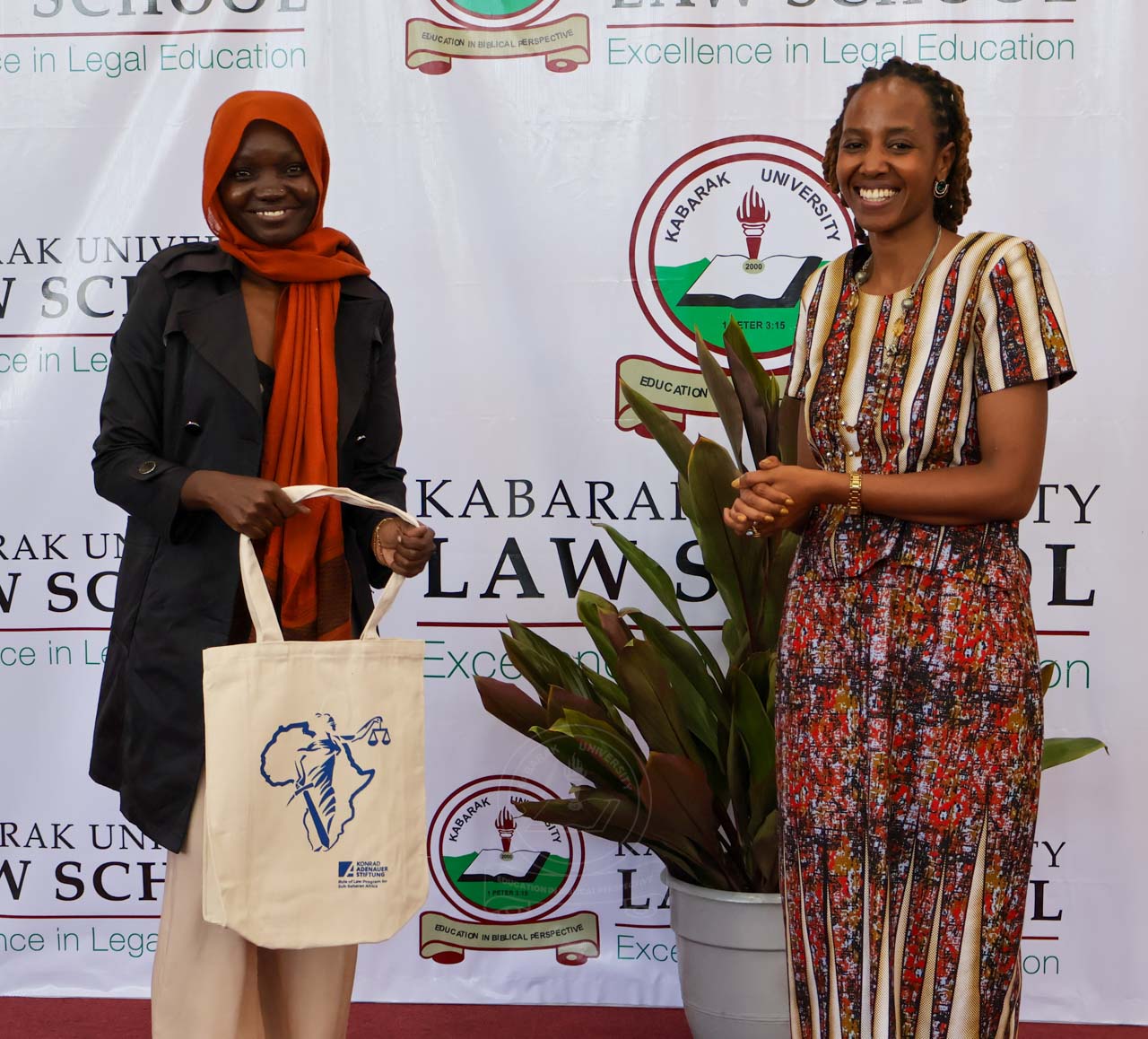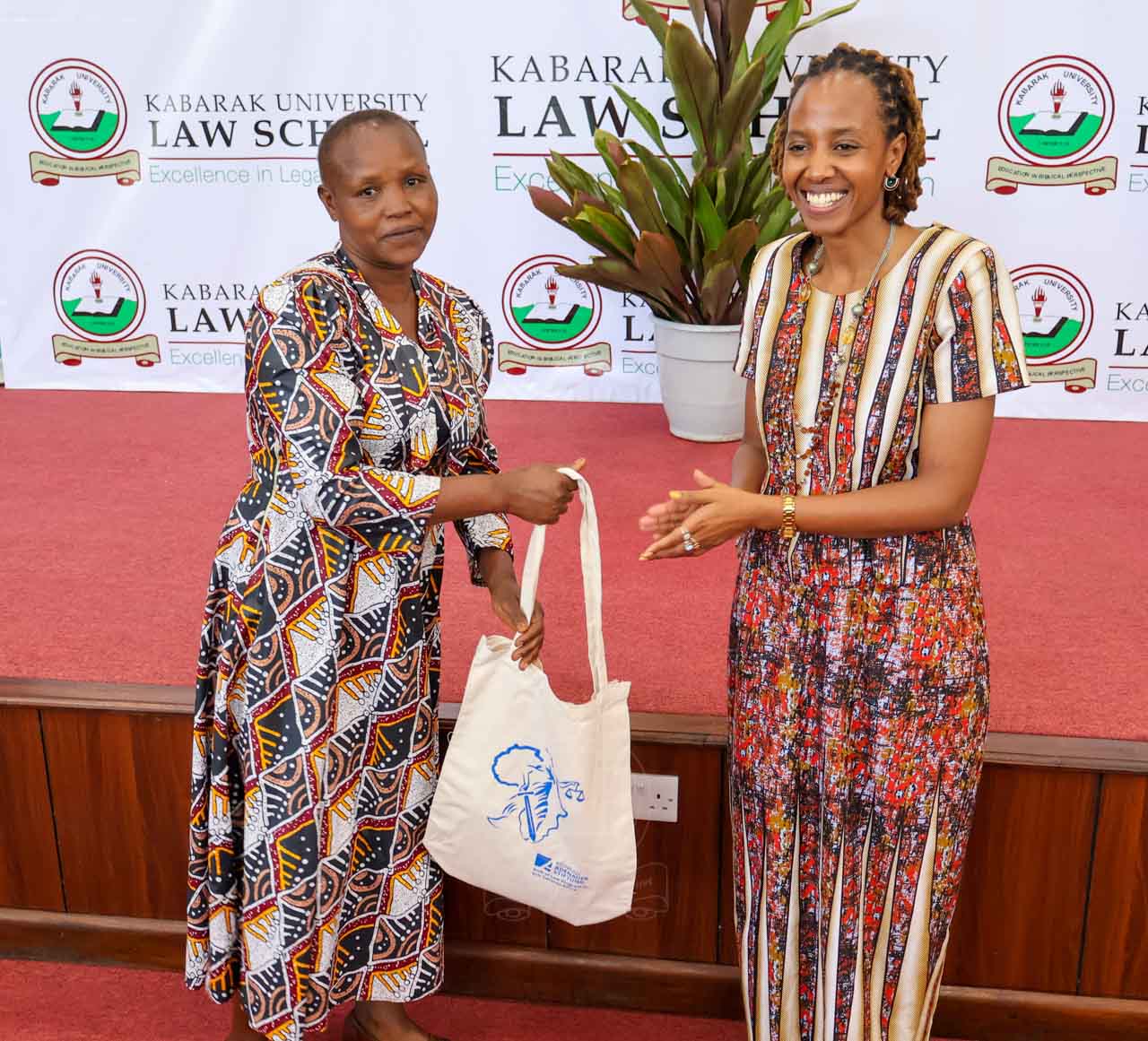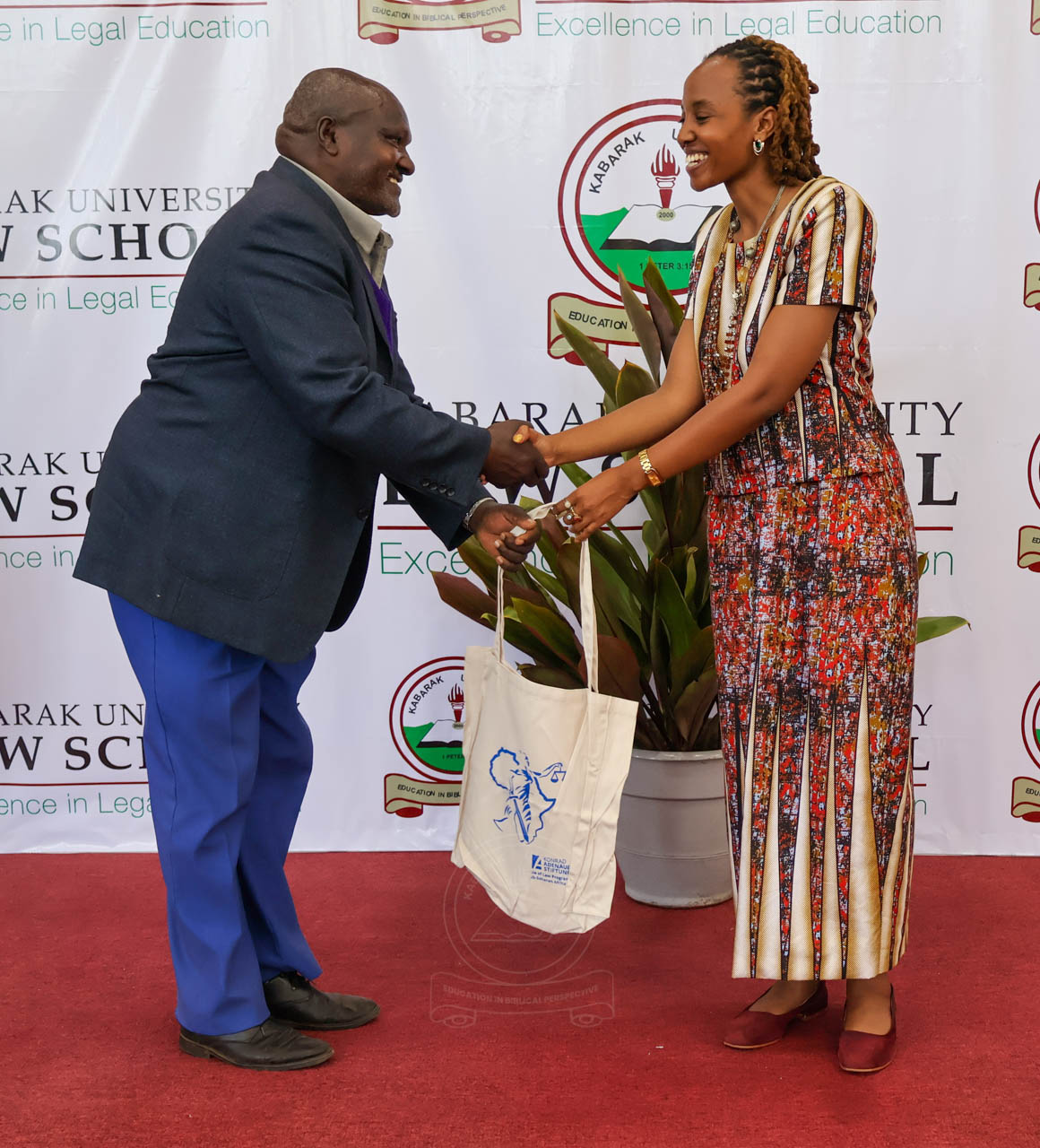The Katiba@15 Commemoration Conference concluded vibrantly on 27 August 2025, marking exactly 15 years since the promulgation of Kenya s 2010 Constitution. The third day featured a bi-location event, with sessions held concurrently at Sarova Panafric Hotel, Nairobi, and Kabarak Law School, bringing together diverse voices to reflect on constitutional progress.
The day opened with a devotion led by Kabarak s Acting Provost, Rev. Justus Mutuku, drawn from Micah 6:8: He has shown you, O mortal, what is good. And what does the Lord require of you? To act justly and to love mercy and to walk humbly with your God? Rev. Mutuku explained that the verse reveals humankind s stewardship over human rights.
Prof. J. Osogo Ambani, Dean of Kabarak Law School, delivered the opening remarks by thanking the Vice-Chancellor of Kabarak University for leading and enabling academic exploits such as the Katiba@15 Commemoration Conference. He expressed gratitude to the event s donors, the keynote speaker, student authors, and the community for their presence. In particular, he lauded the Chief Guest, Ms. Faith Odhiambo, President of the Law Society of Kenya (LSK), for being a pillar of human rights since her election.
The donors of the three-day conference then shared their reflections. Mr. Eric Mukoya, Executive Director of the International Commission of Jurists (ICJ) Kenya, noted that the 2010 Constitution s promise of a transformative era, with expanded rights and governance reforms, has largely gone unfulfilled due to implementation challenges, leading to widespread frustration. Ms. Evelyne Apondi from the Centre for Rights Education and Awareness (CREAW) highlighted how the 2010 Constitution broadened the scope of rights and introduced robust legislation to address gaps in the earlier framework. However, she emphasized that more effort is needed to achieve the two-thirds gender rule.
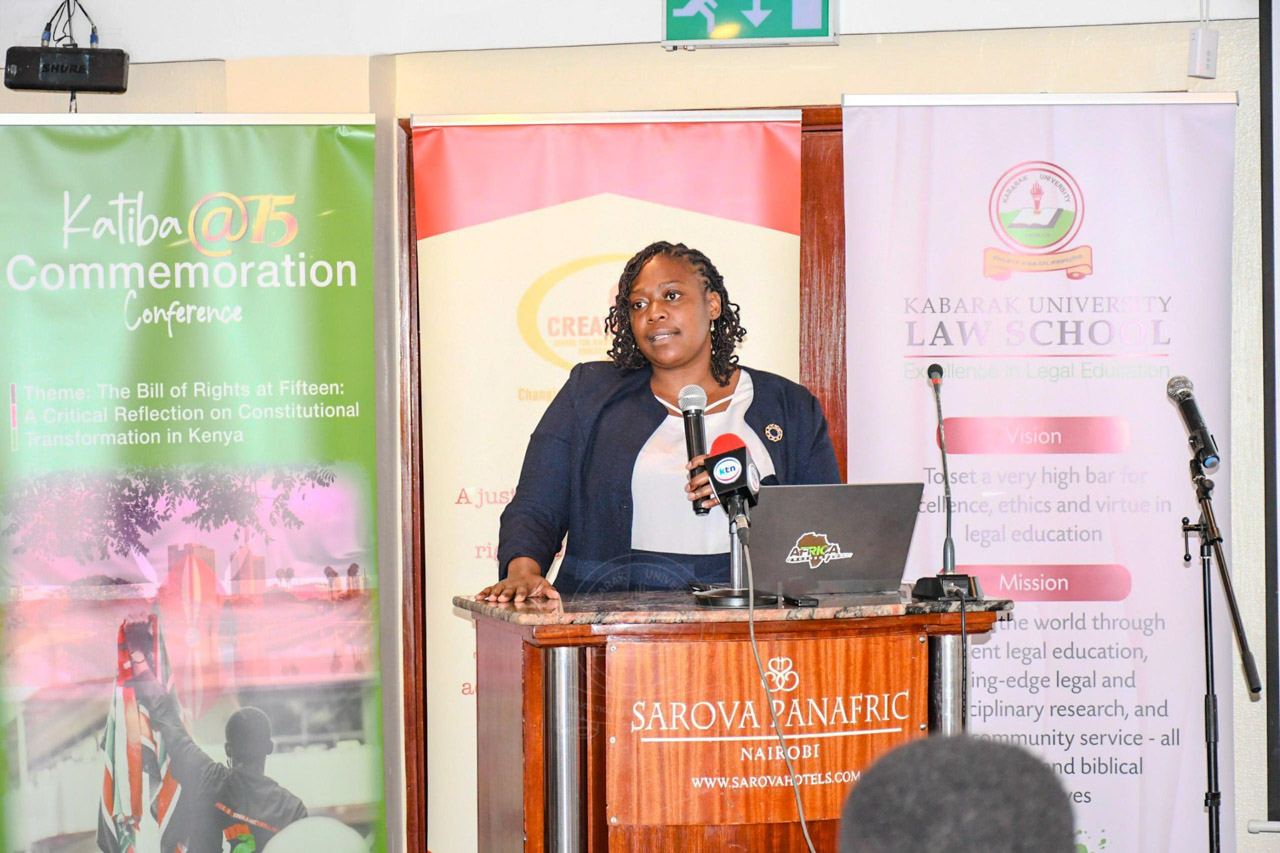
Ms Evelyn Apondi, CREAW
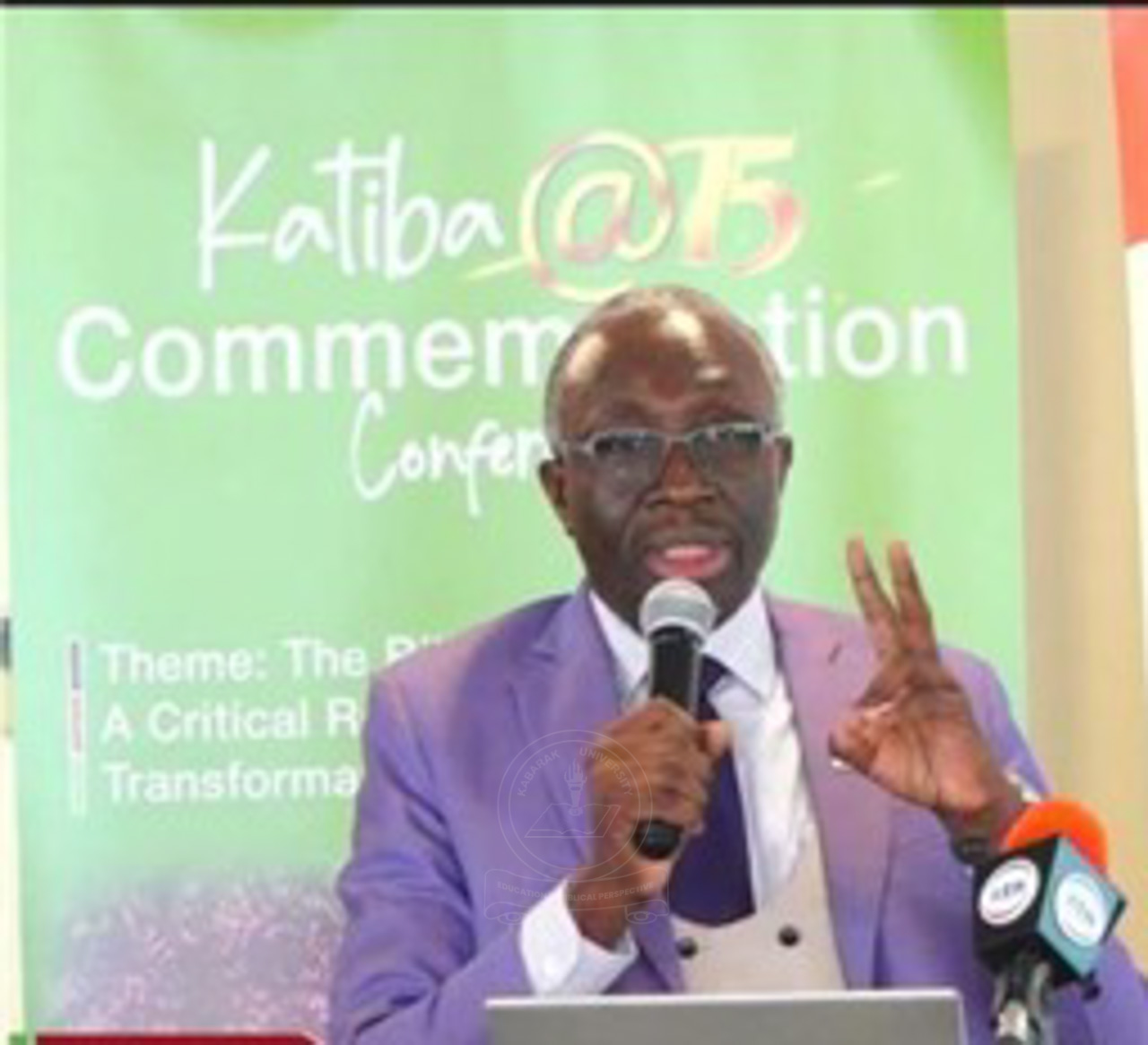
Mr Eric Mukoya, ICJ Kenya
Dr. Stefanie Rothenberger, Director of the Rule of Law Programme for Sub-Saharan Africa at Konrad Adenauer Stiftung (KAS), stressed that the Constitution is not a static artefact but a living document requiring citizen engagement to uphold its principles.
In his address, Prof. Henry Kiplangat, Vice-Chancellor of Kabarak University, officially opened the day s ceremony. He noted that it was a unique honour for the university to host the gathering. Further, he observed that stock-taking of the gains and shortcomings of the 2010 Constitution requires vigilance, resilience, and an enabling environment for debate.
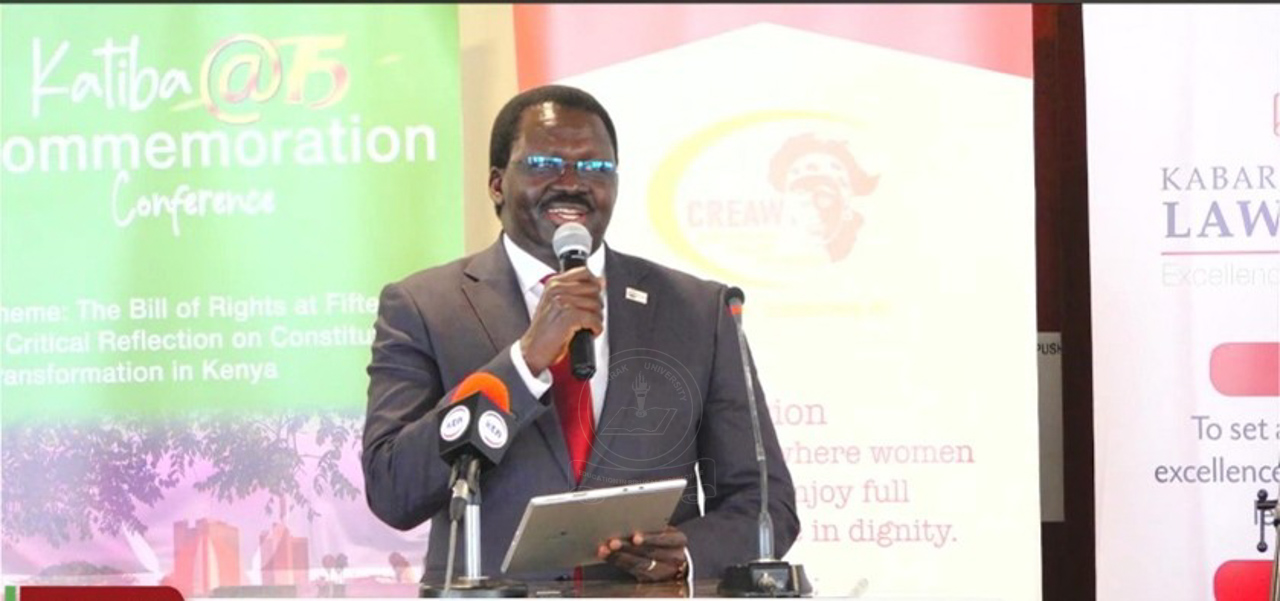
The Chief Guest, Ms. Faith Odhiambo, President of the LSK, delivered a powerful address. She criticised the government for inadequate enforcement of constitutional rights, recalling Nelson Mandela s wisdom that to deny people their human rights is to deny them their humanity. She called on Kenyans to defend their rights relentlessly and reject complacency.
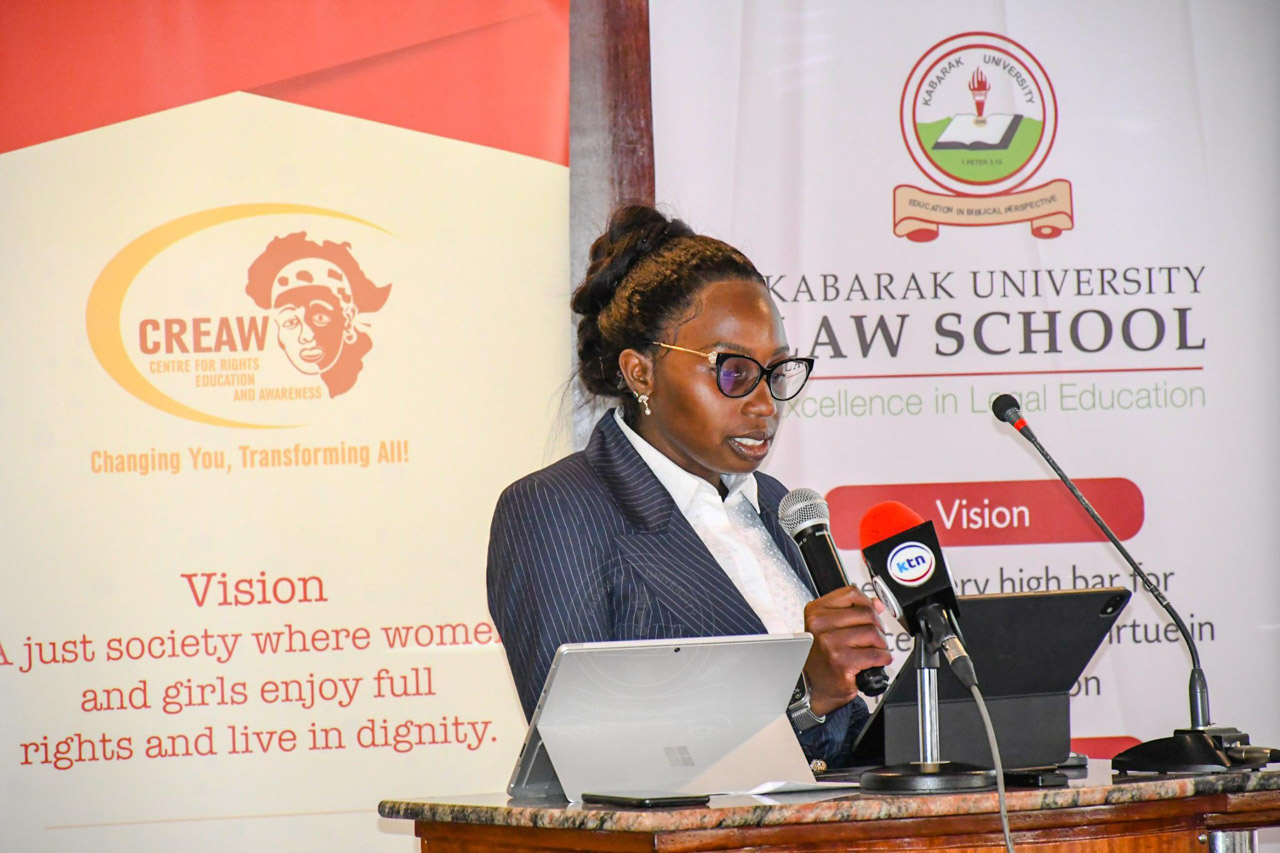 Ms Faith Odhiambo, President of LSK
Ms Faith Odhiambo, President of LSK
This was followed by the keynote address by Prof. Ambreena Manji, Professor of Land Law and Development and Dean of International for Africa at Cardiff University. She posed a critical question to the audience: Has placing excessive faith in laws obscured their broader purpose? Focusing on land law reform, she argued that by linking constitutional reform with land law reform, the 2010 Constitution drafters took a risk, as Kenya s intellectual histories of insurgent ideas remain overlooked fifteen years on. Prof. Manji described the Constitution as a stepping stone, not a final achievement. She advocated for critical thinking, deliberative discussions, and imagination beyond the law to protect rights effectively.

A musical interlude by Vema (Douglas Ogutu), a spoken word artist, urged participants to Say no to poor leadership! Say no to bad governance! This was followed by a panel discussion featuring the editors of Bill of Rights at Fifteen alongside constitutional lawyer Mr. Evans Ogada. Building on the preceding two days of article-by-article critical reflections on the Bill of Rights, the panel concluded that the transformative shift brought by the 2010 Constitution remains incomplete, demonstrated by uncertainty over its progression or regression.
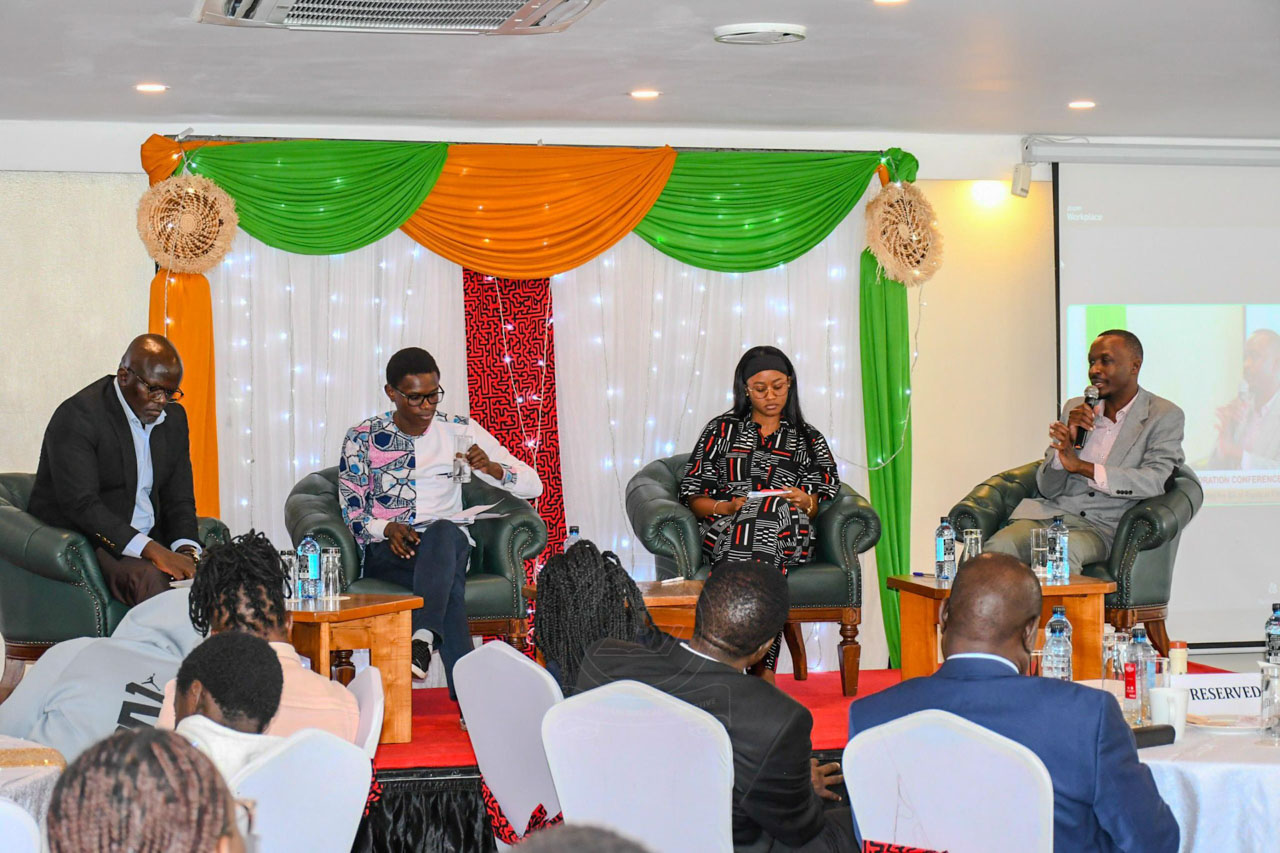
Panel discussion with book editors
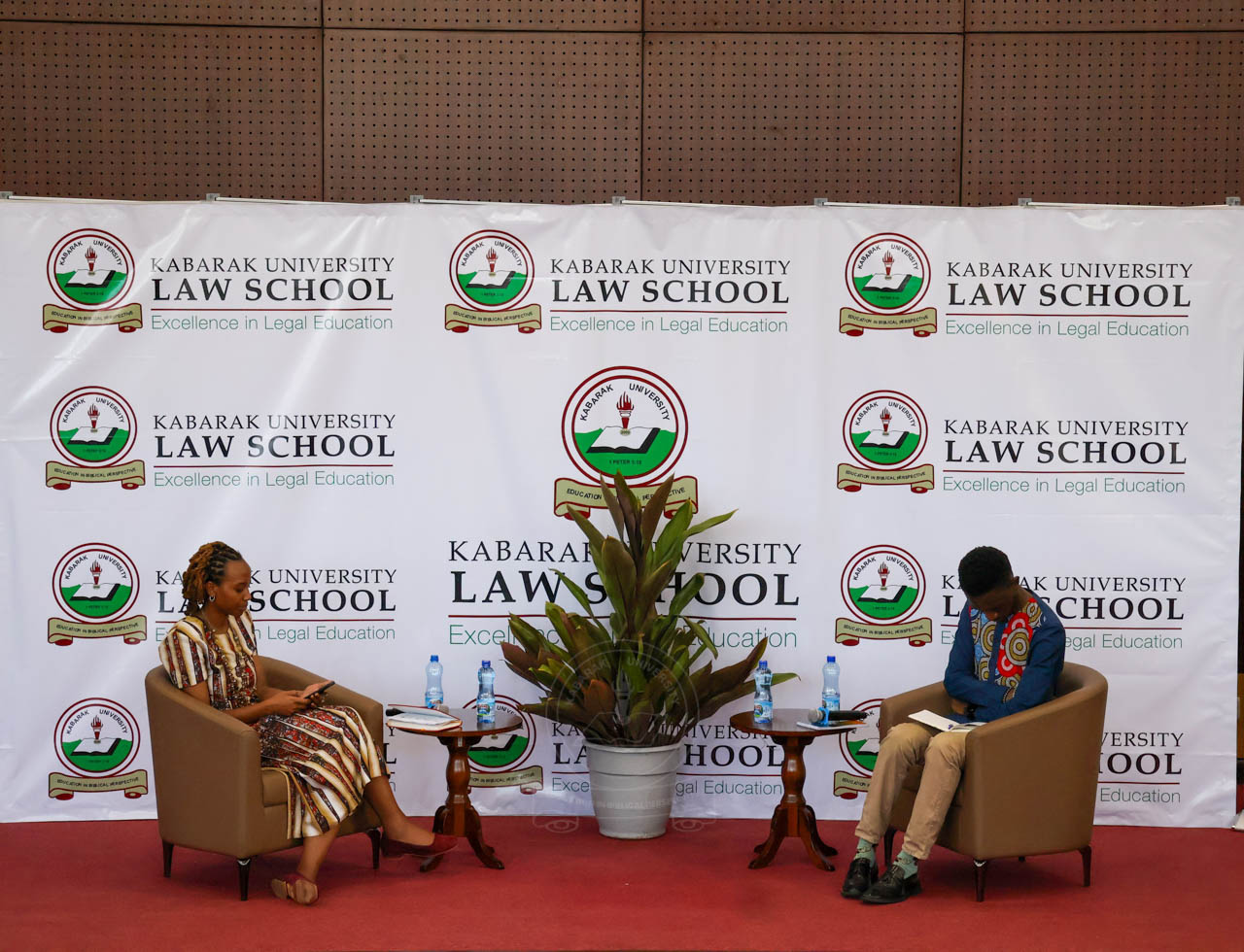
The day culminated in the launch of two books on the 2010 Constitution: Many Tongues, One Nation, which translates the Preamble into various local languages, and Bill of Rights at Fifteen, which offers an article-by-article commentary on Chapter Four s Bill of Rights.
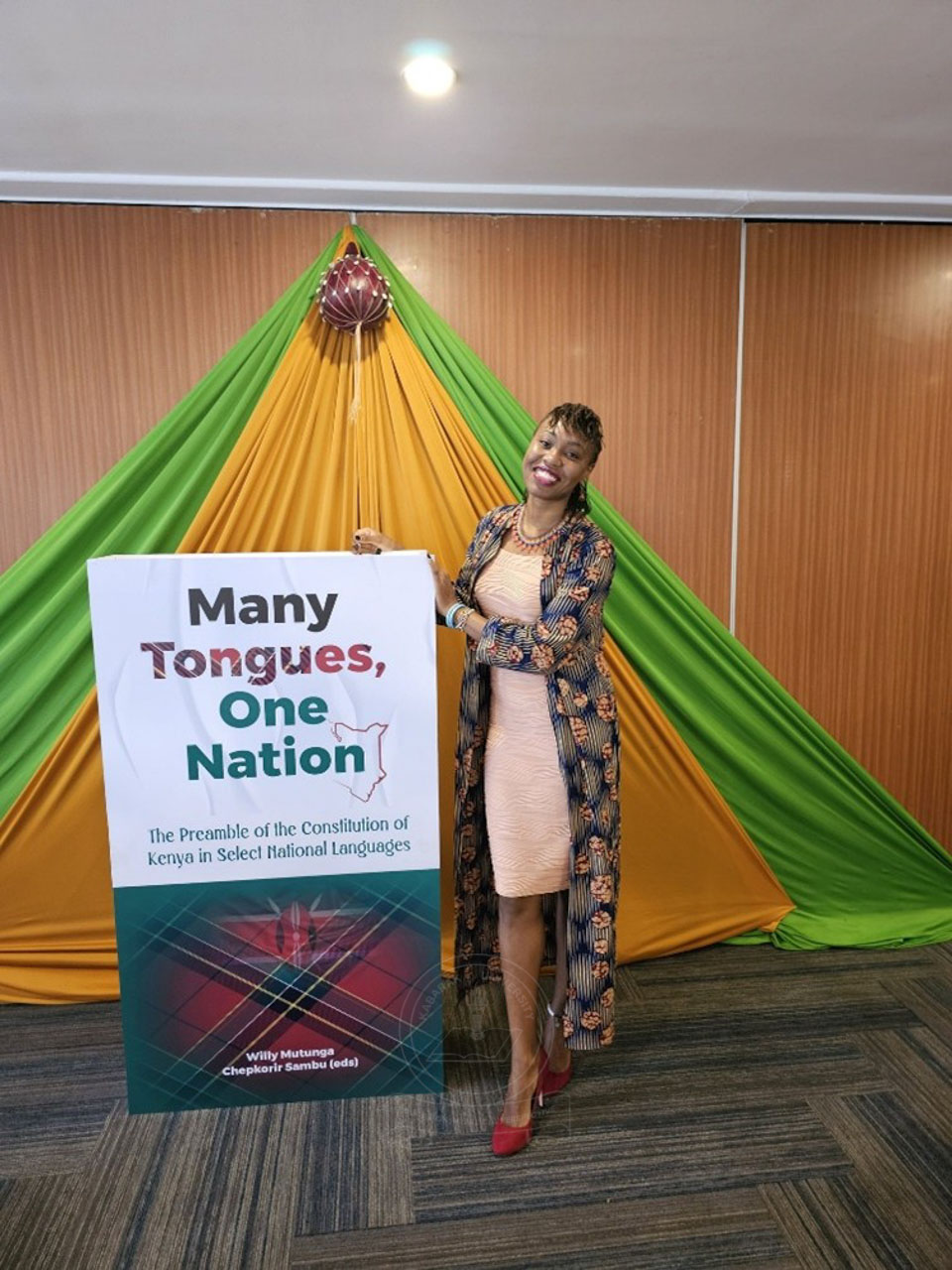
Ms Chepkorir Sambu, co-editor of 'Many Tongues'
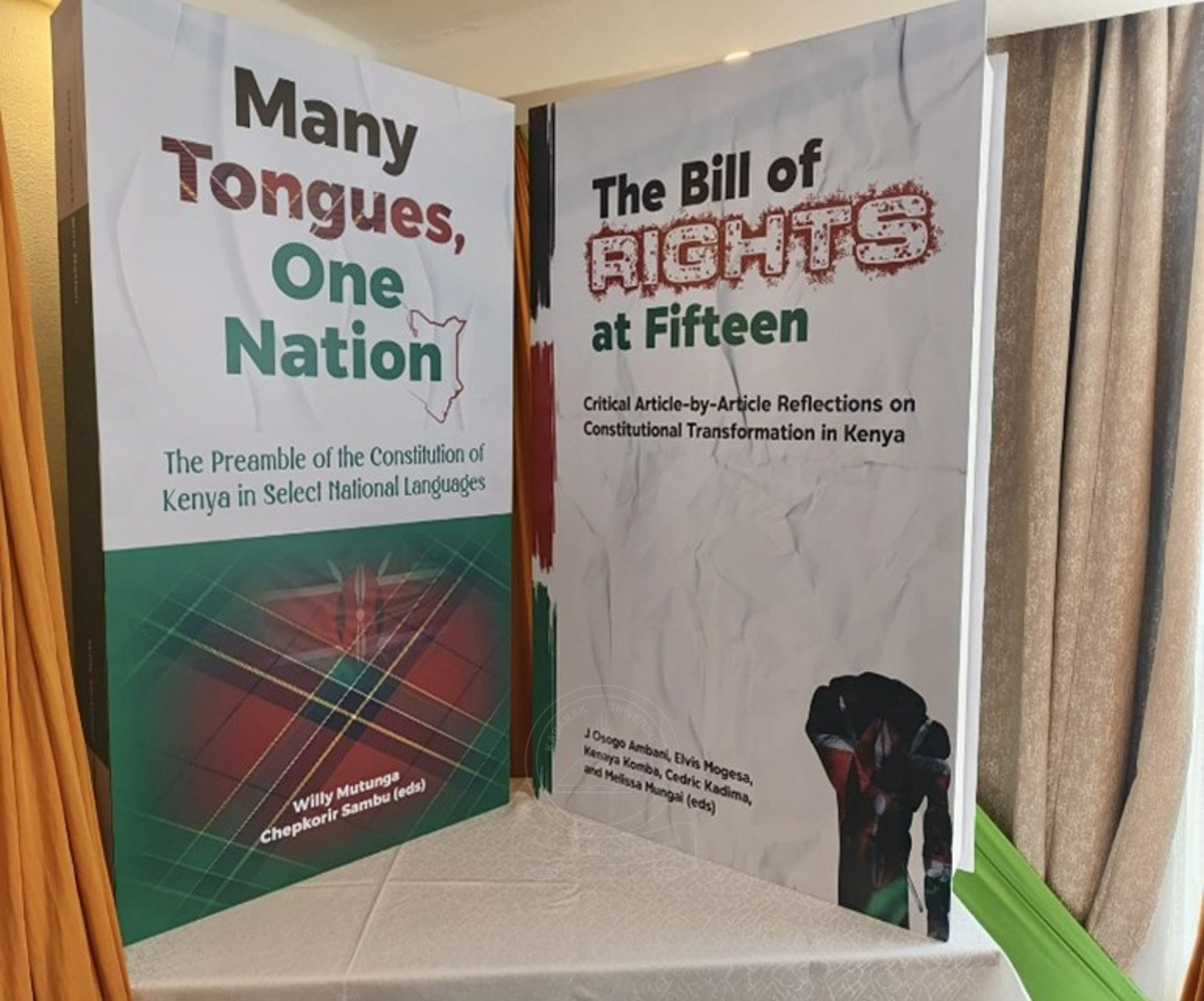
In Nairobi, a gift ceremony and luncheon with a live band closed the event.
Similarly, at Kabarak Law School, a gifting ceremony for community members marked the close of the conference. After lunch, Nakuru attendees watched the documentary Journey to Justice, produced by KAS, before proceeding to Nyayo Gardens to join Nakuru residents at the Uwazi Festival, themed A Celebration of the Constitutional Promise.



